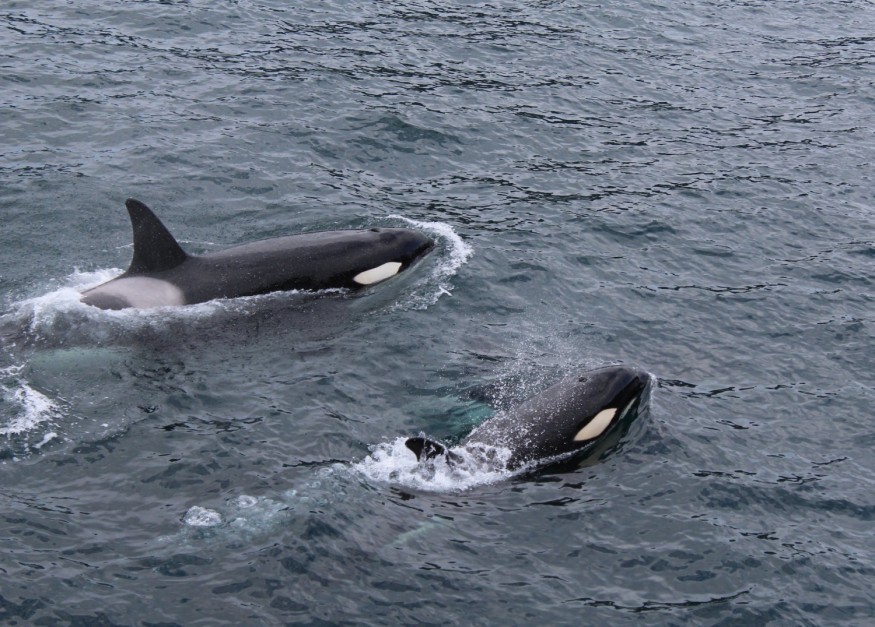
Some bottlenose dolphins attacked and injured four swimmers in a beach in Japan and scientists believed that this was due to the marine mammal's stress.
One of the victims, a 60-year-old man, suffered broken ribs after a dolphin bit and attacked him, according to a report on BBC. Another man also had bites in his arm following a separate dolphin attack.
Both incidents took place in Suishohama beach, which is a tourist destination situated in the town of Mihama, Fukui on Sunday.
Authorities further said that two more individuals were also assaulted by the dolphins in the same day.
Why 'friendly' dolphins attack humans?
Despite the amusing aura of dolphins, scientists have found that its species, the wild bottlenose, have experienced a stressful environment whenever they swim in waters together with human beings.
A Telegraph report said the stress that the mammals are feeling often disrupts their behavior, which may later lead to aggression.
The National Oceanic and Atmospheric Administration warned in an earlier USA Today report that while the dolphins look like that they are too friendly, these should still be considered as a wild marine animal with unpredictable behavior.
"It is showing behaviors similar to other lone, sociable dolphins worldwide," the NOAA had said.
Experts explained that they could show behaviors in which they follow boats and start to play with people. However, on the latter part, they could be dominant and be aggressive towards human beings.
Research also showed that dolphins could be a threat to humans whenever they feel or notice that their babies or even their territories are at risk.
Sometimes, dolphins attack humans because they thought the latter are their fellow animals, according to a DailyO report. This is common whenever a swimmer was in waters wearing a gear that looks like a dolphin's skin.
Human-made noise also affects dolphins
Meanwhile, another study has found that the noise made by human beings could also affect the behavior of dolphins.
Researchers from the University of Bristol said that dolphins could not even minimize the impact of human-made noise, even by adjusting the marine animal's own vocal behavior.
"For years we have known that animals can attempt to compensate for increased noise in their environment by adjusting their vocal behaviour. Our work shows that these adjustments are not necessarily sufficient to overcome the negative impacts of noise on communication between animals working together," Pernille Sorensen, lead author of the study, said.
Studies have shown that the bottlenose dolphins are one of the most widely distributed dolphin species in the waters. They usually reside in tropical and temperate oceans around the world, including waters off United Kingdom and Ireland.
These marine mammals usually measure around two to four meters in length and they are described as extremely social as they usually travel in pods that can contain hundreds of individuals.
The species is still not described as endangered; however, they remain threatened by illegal hunting, use of fishing nets, shipping, and marine pollution. Its worldwide population is believed to have reached 600,000.
Related Article : 7 Disturbing Facts That Reveal the Mean Side of Dolphins
Related Video:
© 2025 NatureWorldNews.com All rights reserved. Do not reproduce without permission.





